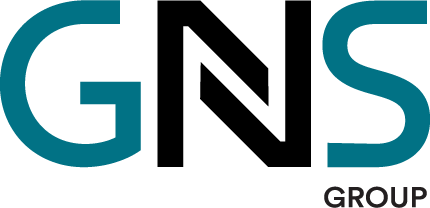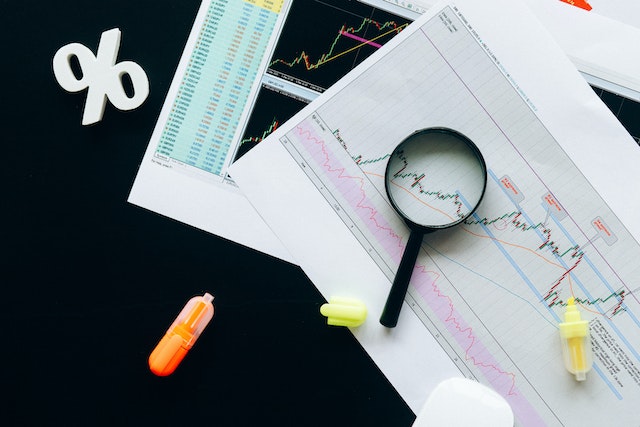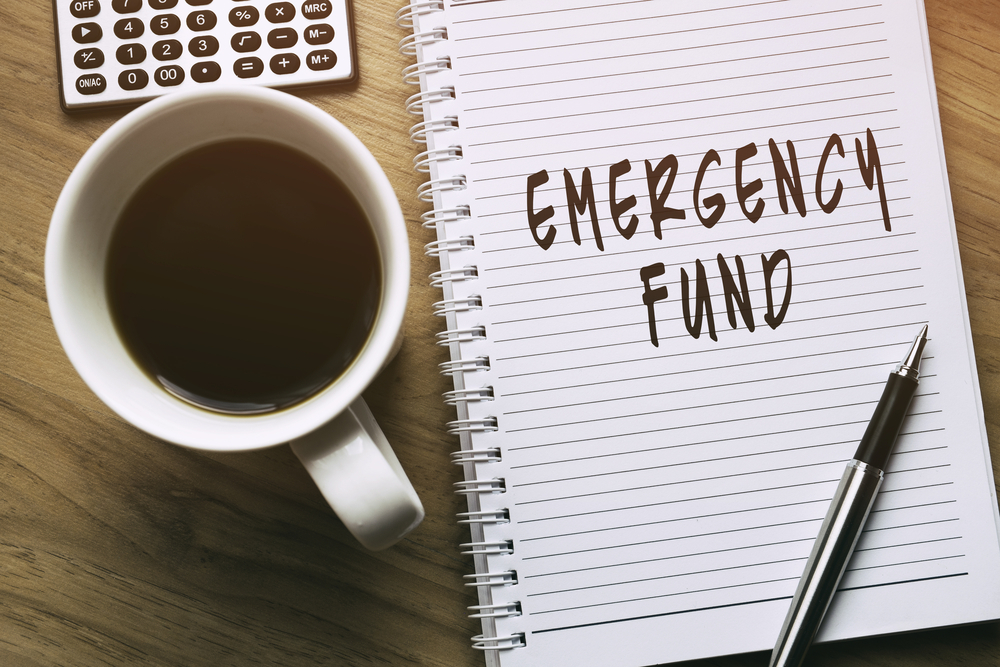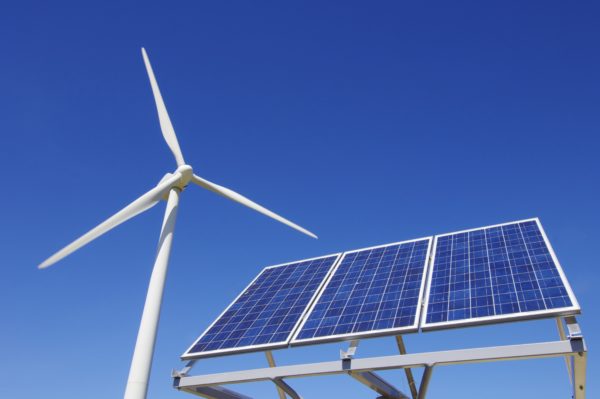The prospect of another interest rate hike next month has become more remote after inflation fell faster than expected.
The Australian Bureau of Statistics consumer price index for November came in at an annual rate of 4.3 per cent, down from 4.9 per cent in October.
The result was lower than consensus expectations of a 4.4 per cent rise in prices and the lowest monthly inflation readout since the 4 per cent figure recorded January 2022.
The Australian Stock Exchange rallied at the surprise result, with the rates market now pricing in the chance that the Reserve Bank will raise the cash rate at its next board meeting in February at just two per cent.
ABS head of prices statistics Michelle Marquardt said the most significant contributors to rising prices were housing, food and non-alcoholic beverages, insurance and financial services and alcohol and tobacco.
“The increase in Commonwealth Rent Assistance has reduced out-of-pocket rent costs for eligible tenants since its introduction on 20 September 2023,” Ms Marquardt said on Wednesday.
“Excluding these changes to rent assistance, rents would have increased 8.8 per cent over the year to November.”
Dropping petrol prices were a major reason by the fall in inflation. Automotive fuel inflation slid to 2.3 per cent in the year to November, down from 8.6 per cent in October.
Core inflation, which excludes volatile items including fruit and fuel, dropped to 4.8 per cent from 5.1 per cent the previous month.
IG market analyst Tony Sycamore said the trimmed mean falling below 5 per cent confirmed the disinflation narrative and reinforced expectations the Reserve Bank would cut interest rates in 2024.
“If (December quarter) inflation data scheduled for release at the end month paints a similar picture, there is a good chance that expectations of the RBA’s first rate cut are brought forward to June, with a third rate cut added into the rates market for 2024,” he said in a note.
The inflation data followed a jump in retail trade for November, with Black Friday and Cyber Monday discounts driving sales up 2 per cent after a 0.4 per cent drop the month previous.
The November CPI release also included several indicators of all-important services inflation, such as takeaway food and recreational services.
The Reserve Bank has been concerned by elevated services inflation, as it is mainly influenced by domestic rather than international factors.
RBA Governor Michele Bullock in November pointed to price rises in services like hairdressers and dining out as a sign the inflation problem was now homegrown, rather than imported.
The figures will no doubt play on the Reserve Bank board’s mind ahead of their next cash rate meeting in February, although quarterly CPI data due out on January 31 will showcase a wider range of prices and play a larger role in their decision-making.
Treasurer Jim Chalmers said inflation was moderating but not as fast as the government would like.
A warning from the World Bank that the global economy would experience its slowest growth in 30 years during the first half of the 2020s should serve as a wake-up call on economic complacency, Dr Chalmers said.
“Our job in Australia is to make this not a lost decade but a defining decade to modernise our economy and maximise our advantages,” he told ABC Radio on Wednesday.
Jacob Shteyman
(Australian Associated Press)





